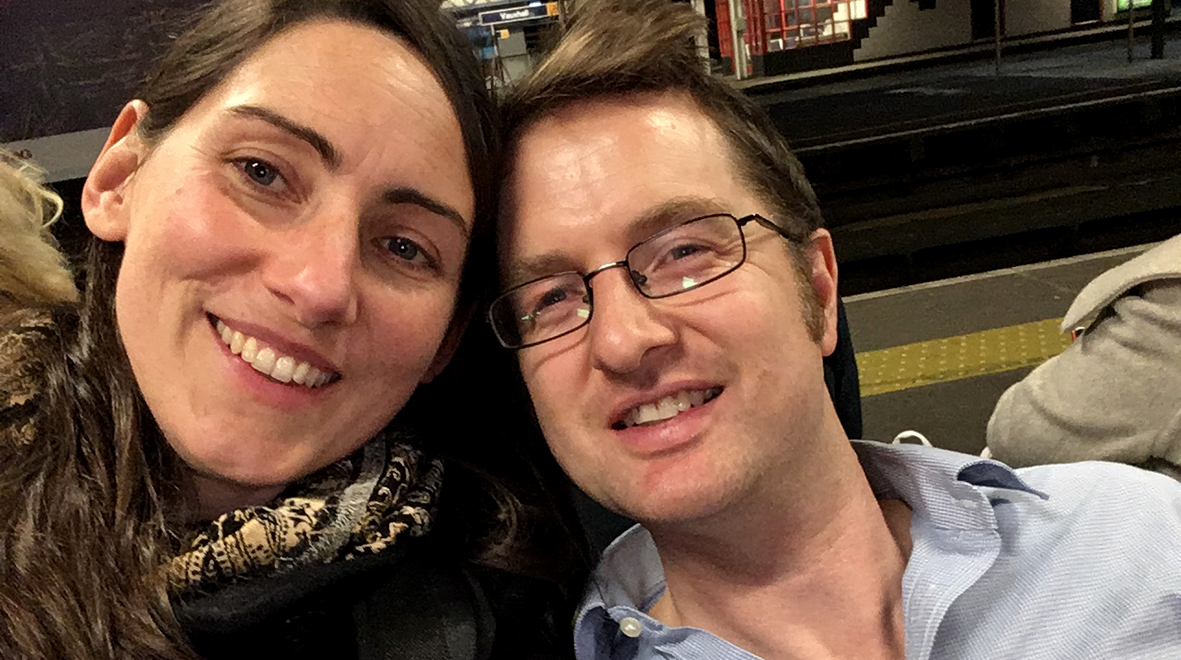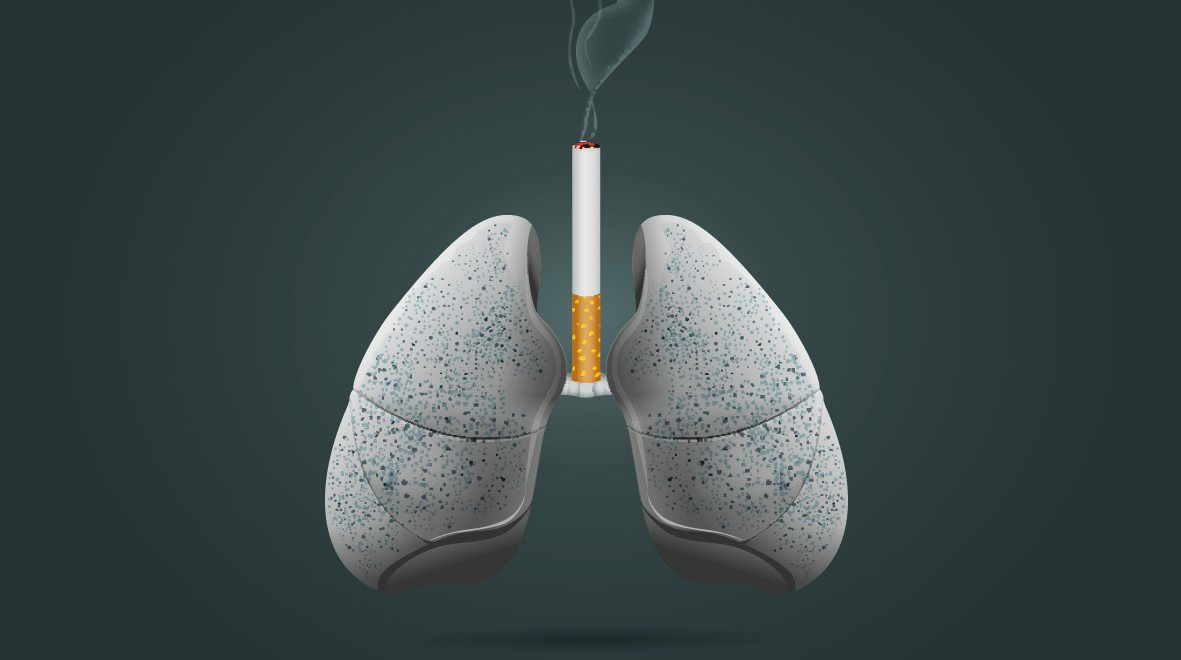Weighing up dodgy diets

From gluten-free to detox diets, Dr Anusha Seneviratne dissects the scientific evidence (or lack of) behind eccentric diets.
Magazines and newspapers are full of so-called ‘tips’ or ‘advice’ for the image conscious, detailing extreme diets followed by the rich and famous to achieve dramatic weight loss, or new diets apparently supported by the latest scientific research. One example is the gluten-free diet, made fashionable particularly in the sporting world by former world number one tennis player Novak Djokovic (1). Having had a reputation for being physically weaker than his rivals, Djokovic was eventually diagnosed with coeliac disease and the resulting gluten intolerance. Eliminating gluten from his diet transformed his career. (more…)



 For World No Tabaco Day 2017, researchers from Imperial’s Muscle Lab provide an insight into how smoking takes its toll on our lung health.
For World No Tabaco Day 2017, researchers from Imperial’s Muscle Lab provide an insight into how smoking takes its toll on our lung health.